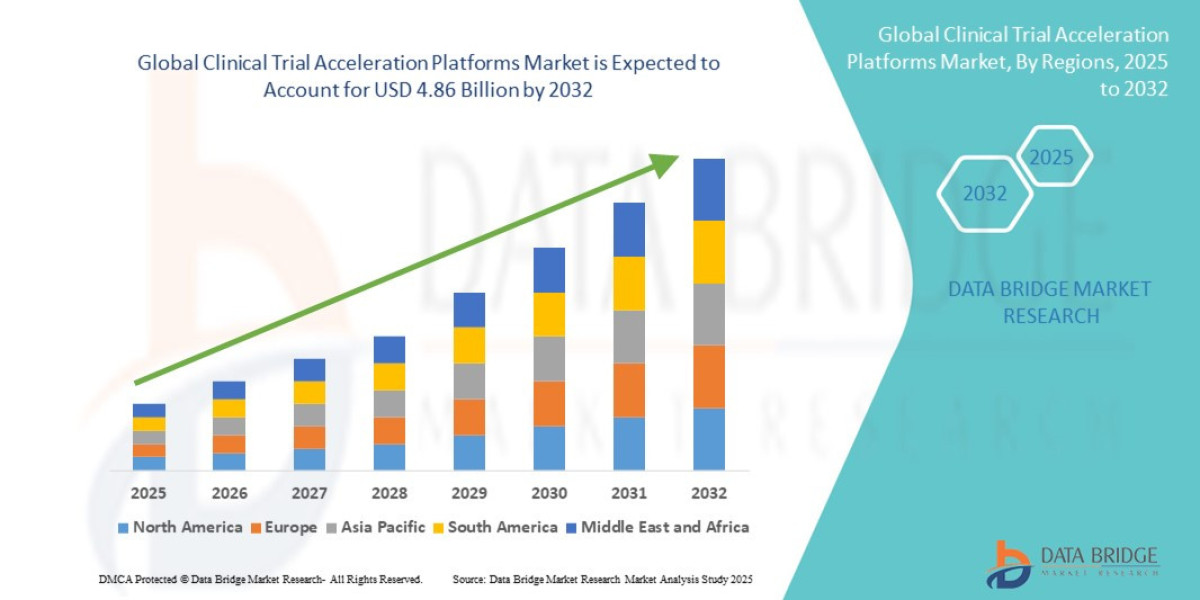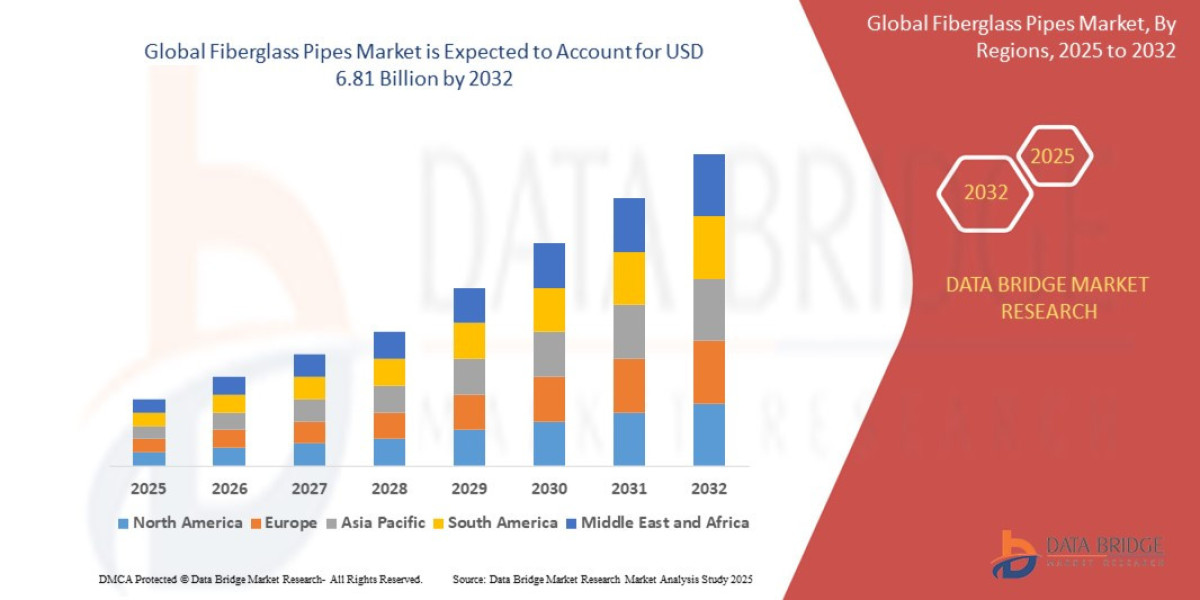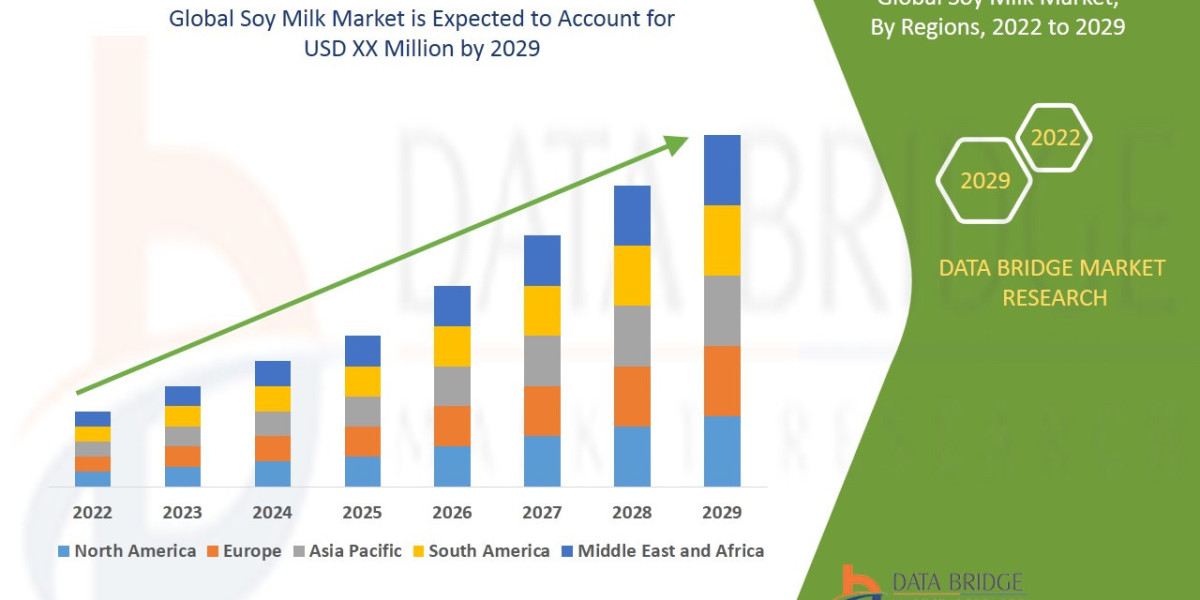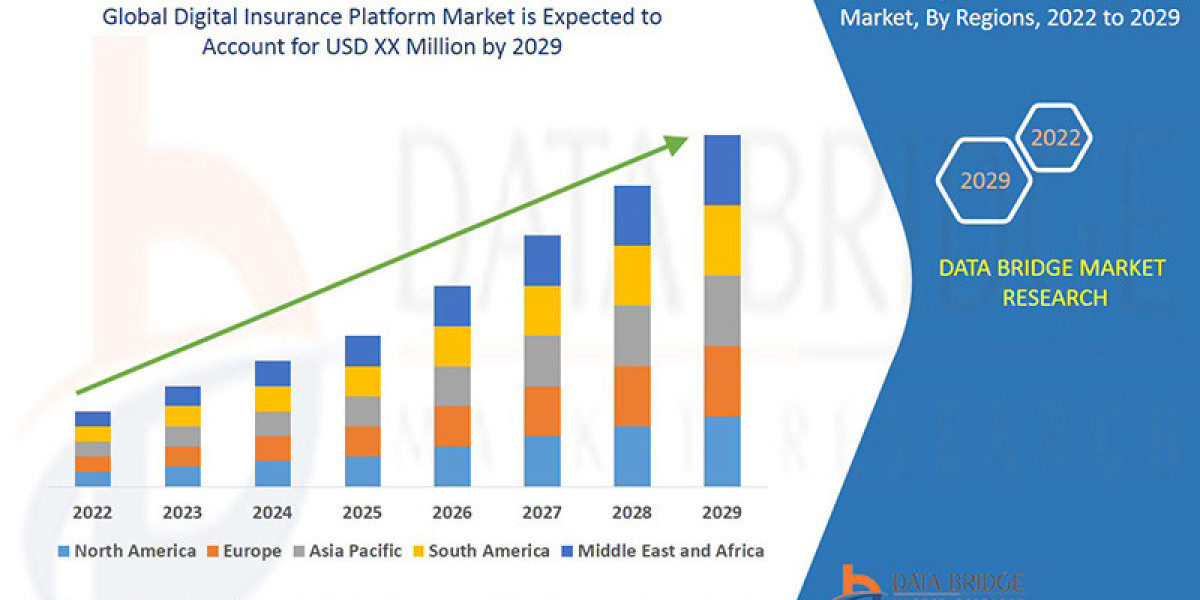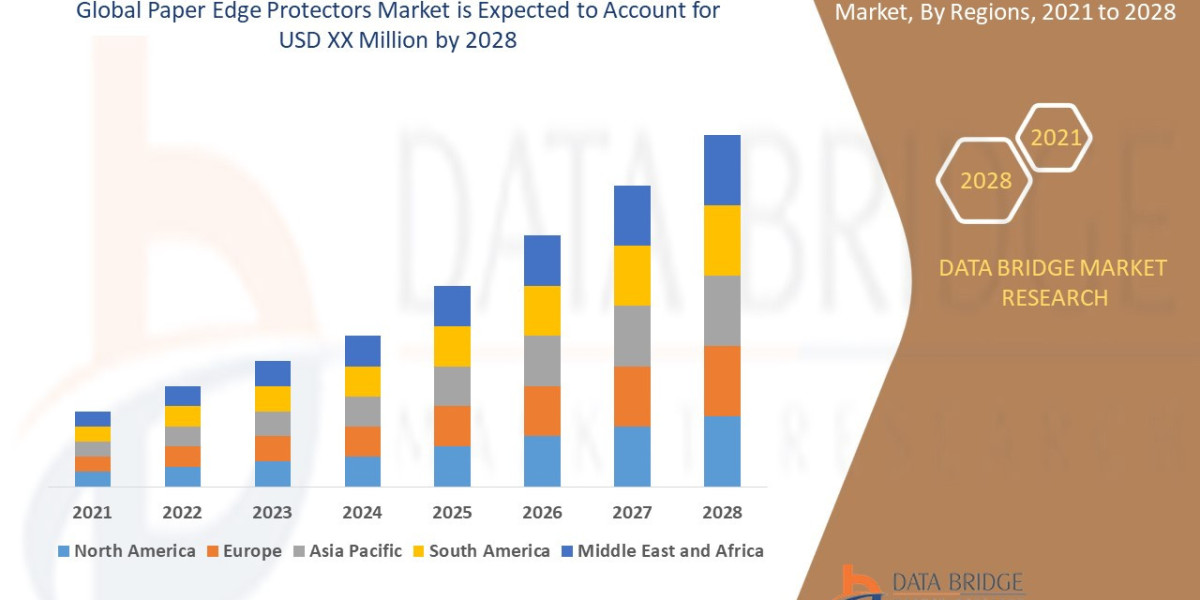The Electronic Toll Collection Market is rapidly transforming transportation infrastructure by enabling RFID toll system solutions, automated tolling, and contactless tolling mechanisms. These technologies allow vehicles to pass toll points seamlessly using vehicle tag systems, reducing congestion and improving overall traffic flow. With increasing government initiatives toward smart cities and intelligent transport systems, electronic toll collection (ETC) has become an integral component of modern road networks.
Market Overview
The adoption of smart toll solutions is driven by the need for faster toll transactions, enhanced revenue collection, and improved commuter convenience. ETC systems are deployed on highways, bridges, and urban expressways, leveraging RFID tags, ANPR cameras, and vehicle identification technologies. Integration with related sectors such as the Spain Mid Wave Infrared (MWIR) Sensors Market and the Spain Security Cameras Market enhances monitoring, enforcement, and vehicle tracking capabilities, creating smarter and more efficient transportation ecosystems.
ETC systems provide benefits like reduced fuel consumption, lower vehicle emissions, and enhanced road safety. Governments are increasingly incentivizing the adoption of automated tolling technologies to promote sustainability and reduce human intervention at toll plazas. The combination of contactless tolling and smart analytics enables authorities to optimize traffic management and maintain seamless operations during peak hours.
Key Market Drivers
Government Initiatives and Smart City Programs – Investments in intelligent transport systems and infrastructure modernization are fueling ETC adoption.
Efficiency and Convenience – RFID toll systems and vehicle tag systems enable quick toll processing, reducing congestion and waiting times.
Technological Advancements – Advanced sensors, cloud-based management systems, and AI-driven analytics improve toll accuracy and monitoring.
Environmental Benefits – Reduced idling at toll plazas lowers fuel consumption and carbon emissions, supporting sustainability goals.
Market Trends and Opportunities
The market is witnessing the integration of ETC with mobile apps and IoT-enabled platforms, offering real-time toll notifications, payment options, and route optimization. Hybrid systems combining RFID, ANPR, and smart cameras are gaining popularity for high-traffic corridors. The interplay with infrared sensors and security cameras, as seen in the Spain Mid Wave Infrared (MWIR) Sensors Market and the Spain Security Cameras Market, further enhances enforcement, safety, and vehicle verification capabilities.
The market also presents opportunities for software and platform providers to offer cloud-based toll management solutions that integrate analytics, reporting, and predictive maintenance. Expansion in emerging economies with growing highway networks is expected to accelerate adoption rates over the forecast period.
Regional Insights
North America leads due to high investment in smart transportation infrastructure and widespread adoption of automated tolling solutions.
Europe focuses on sustainability and integration with connected transport systems, driving ETC deployment across highways and urban expressways.
Asia-Pacific (APAC) is emerging as a key growth region, driven by expanding road networks, urbanization, and adoption of contactless tolling systems.
Future Outlook
The global Electronic Toll Collection Market is poised for strong growth as governments and private operators adopt smart toll solutions and vehicle tag systems to enhance traffic efficiency and commuter experience. Technological advancements, combined with digital payments, IoT integration, and intelligent transport systems, will continue to drive the modernization of toll infrastructure worldwide.



